We all know that air pollution is harmful. But how bad is it, exactly? The answer lies in the connections between air quality, our health, and the health of our favorite blue sphere.
The World Health Organization estimates that seven million deaths every year can be traced back to air pollution. That’s one in nine deaths globally. Now that we have the technology to cut emissions from cars and factories and improve our air quality, it’s time we understand the real impacts that air pollution has on us and our world–and how urgent it is that we make a change.
Table of Contents
Air Quality: A Delicate Balance
What do you picture when you think of air pollution? Likely the image that pops to mind is of a thick, soupy fog like the kind that smothered LA in the 1980s. Maybe you picture people in masks walking through smog-choked cities. A result of smoke and emissions from cars, trucks, and businesses, smog is still a real threat to many city residents today. But not all air pollution is so obvious.
In fact, though smog may seem less ever-present in many of our cities than it was a few decades ago, 95 percent of people worldwide breathe polluted air.
That’s because our health and well-being depends on an extremely delicate balance of elements in the air we breathe. Fresh air is mostly nitrogen, with a splash of oxygen and dashes of various other gases. It’s a recipe for success that has been perfected by mother nature over millions of years. Its ingredients pump through our lungs and bloodstreams.
In short, we had better think twice before we make any changes.
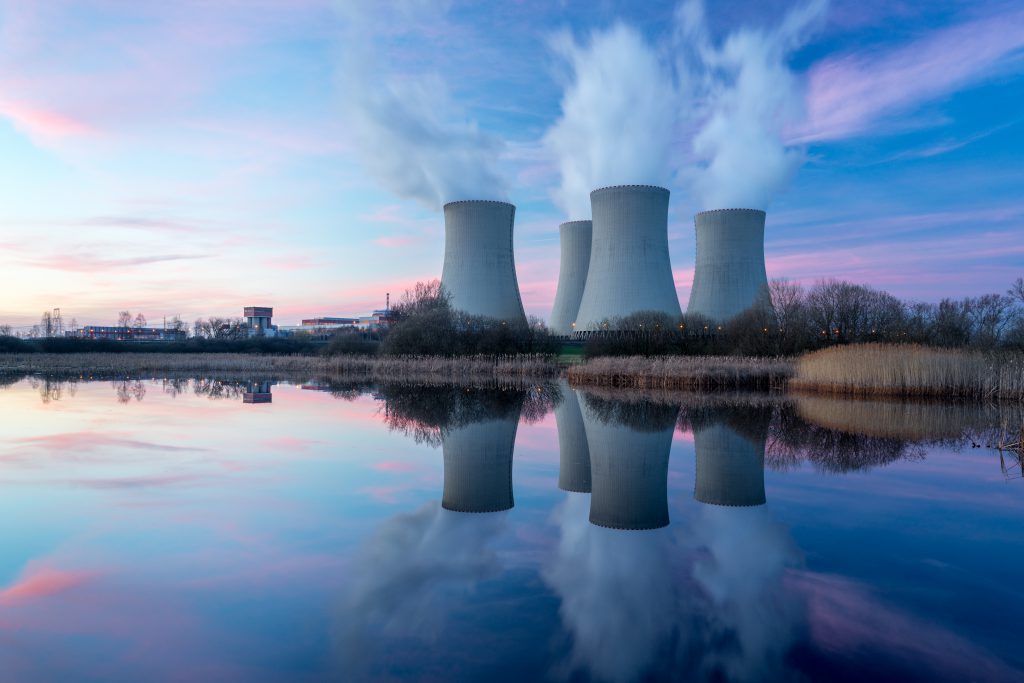
Air Pollution Makes You Sick
Most people won’t immediately notice the effects of pollution on their body. At worst, they might have headaches or feel some shortness of breath. But most people aren’t exposed to pollution for just a short period. The vast majority (95 percent) experience it day after day.
Over time, the effects of air pollution begin to build in our bodies, causing lung cancer, infection, stroke, pneumonia, and heart disease. Moreover, poor air quality has its strongest impacts on vulnerable populations whose bodies are less able to defend themselves, such as children, the elderly, and people with asthma or pollen allergies. Air pollution is also much more common in low-income populations and communities of color–and the people who contribute most to that pollution often live in places with cleaner air.
Air Pollution Harms the Planet
Polluted air doesn’t just affect individuals. It also leads to large-scale changes in the natural systems that we depend upon for our survival. Sulfur and nitrogen compounds contribute to acid rain, which can stifle plant growth and raise the acid level of lakes and rivers. These effects travel throughout the food chain, impacting fish and other wildlife. These effects also combine with ozone and climate change to make plants grow more slowly.
Air pollution’s effects on the natural environment often circle back to worsen our own health. Slower plant growth, for example, makes for more greenhouse gases, higher temperatures, more severe rain and snowfall, and lower crop yields.
Invisible Chemicals Can Affect Your Air Quality
Many pollutants, like ozone and the smallest particles that are released when we burn wood and coal, are invisible to the eye. This makes them less noticeable, but no less dangerous. In fact, the smallest smoky particles are the ones that can wreak the most havoc for our lungs.
They aren’t confined to cities, either. Industry and traffic send more chemicals into the air in urban areas, but air currents can spread pollution far and wide–even across oceans. In addition, indoor air pollution from sources like natural gas or wood smoke can be even more dangerous than outside air pollution.
Some pollution does exist naturally. The smoke from wildfires, for example, is dangerous for humans to breathe. Before we go blaming our pollution on mother nature, however, we should consider a couple points.
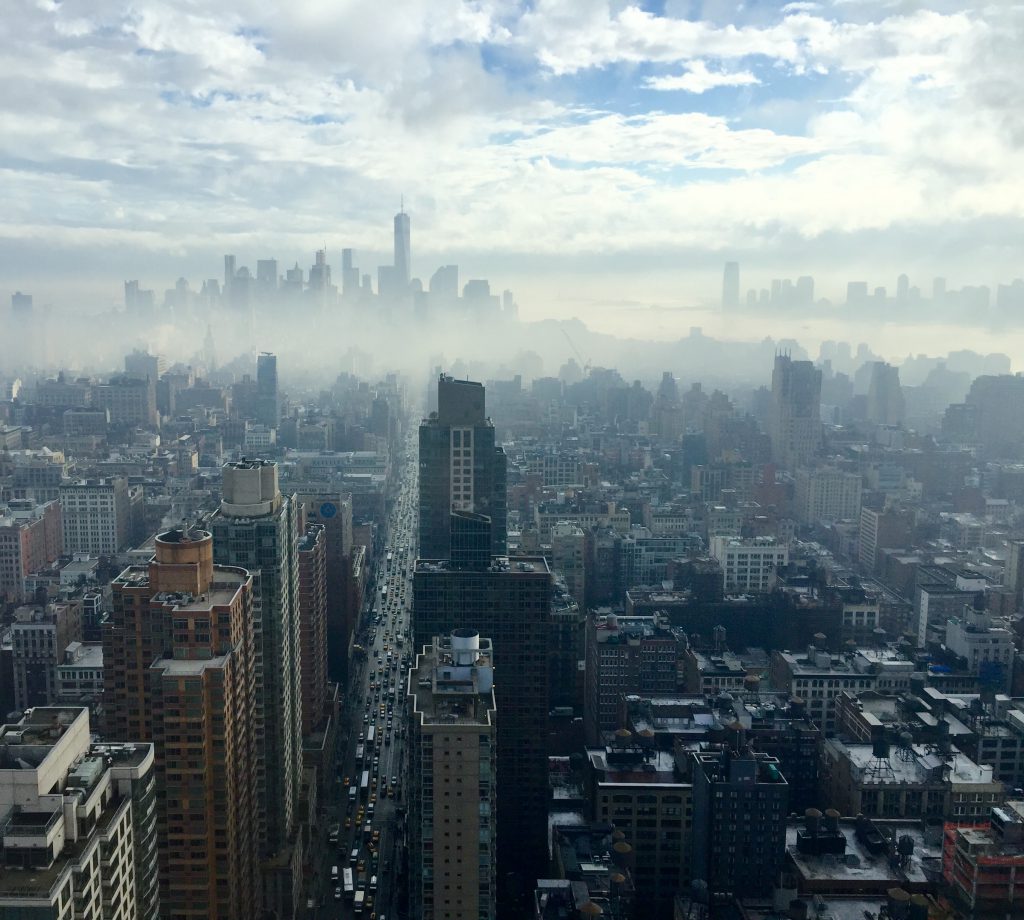
First, higher temperatures from greenhouse gas emissions make wildfires more common and more severe. Second, the small amounts released by these sources aren’t the real problem; they become harmful when burning fossil fuels drives their concentrations through the roof and makes them a constant presence.
Pollution-Free Air: A Public Good
The average person inhales about 23,000 times every day. Most of us don’t get a say in what air we breathe. We live where we’ve established homes, chosen jobs, and started families, and local air comes as part of the package.
We can, however, have a say in the quality of that air. Our choices make a difference in the substances we breathe. And since we share this precious resource, cleaner air doesn’t just benefit you. Your neighbors, your coworkers, even people across the world become healthier, too. That’s why a movement toward clean energy is so important, and it’s why it takes commitment from the community to succeed.
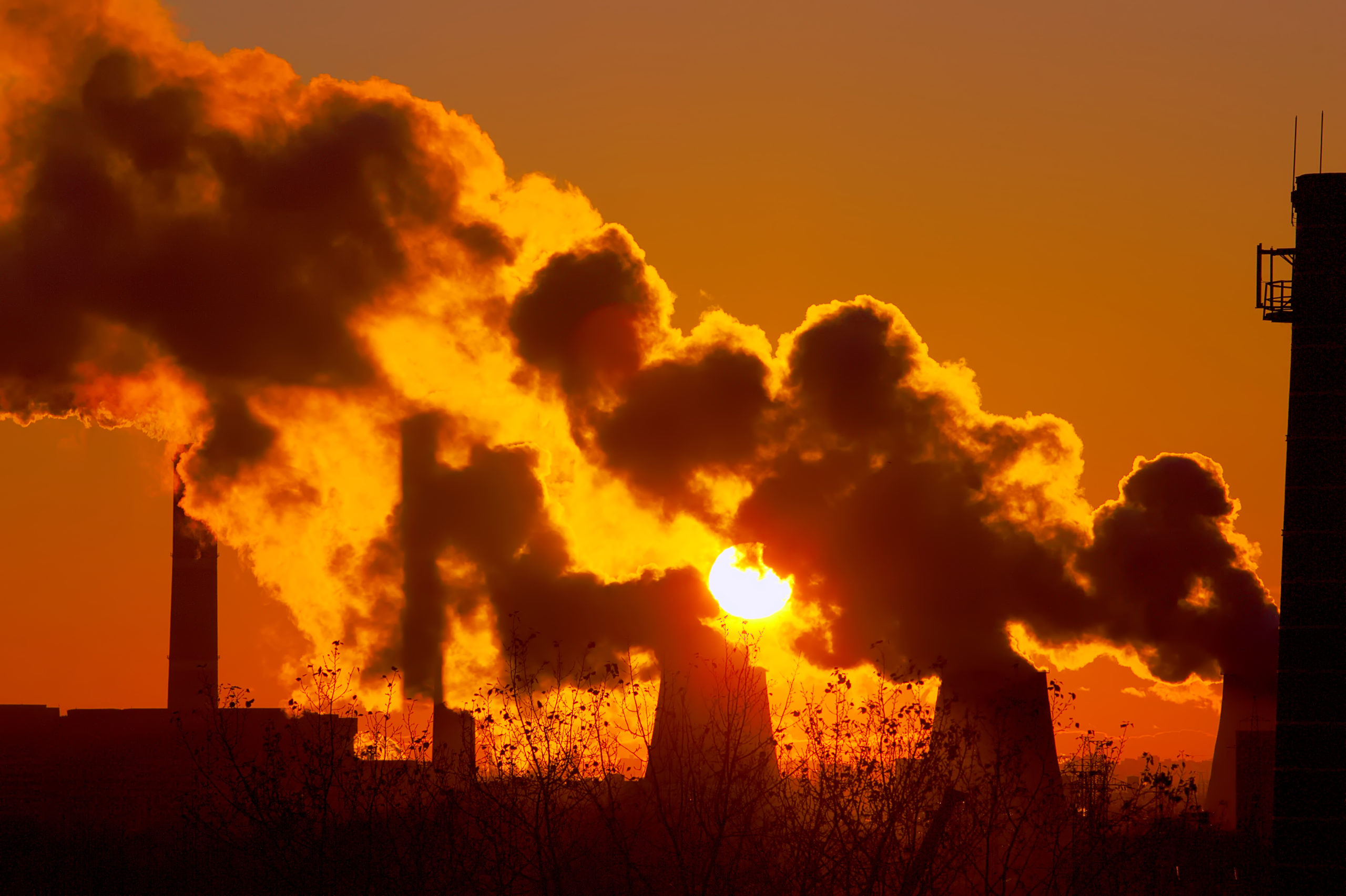
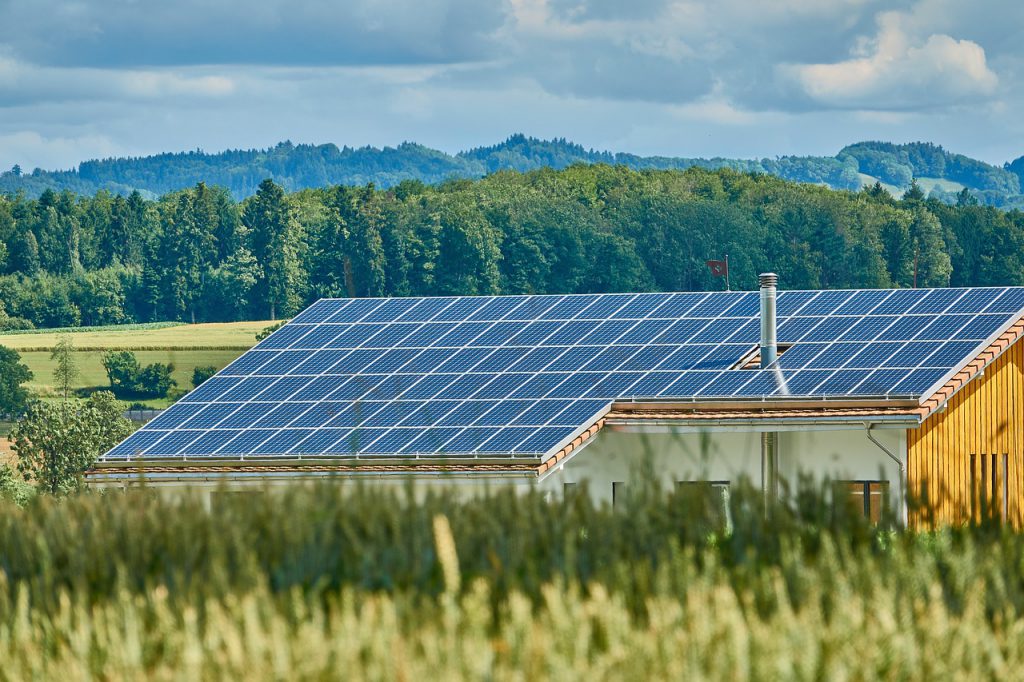
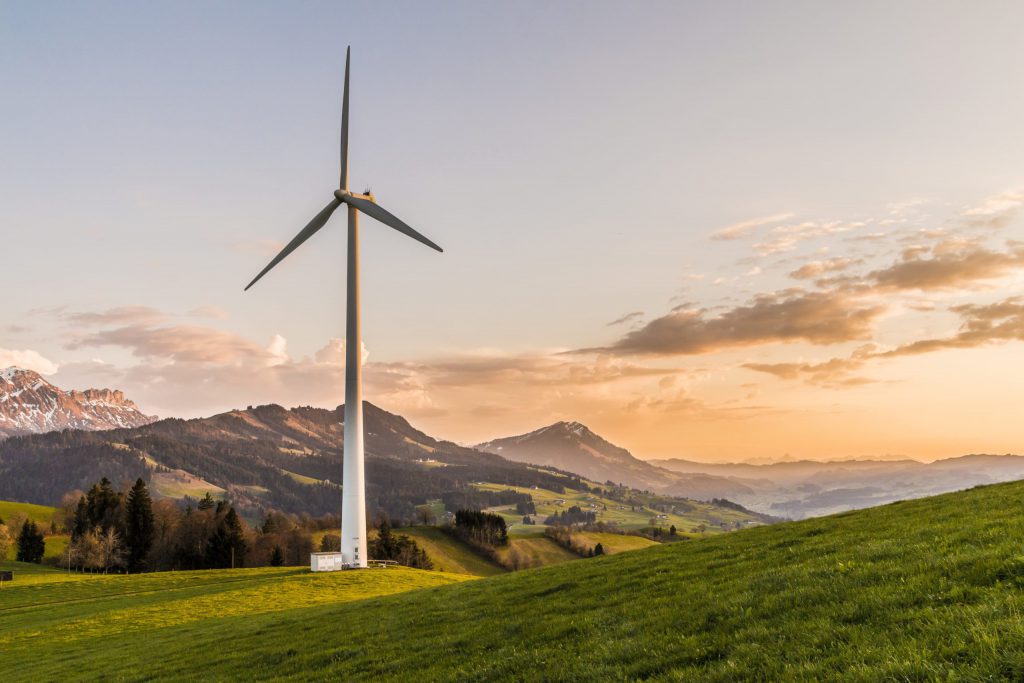
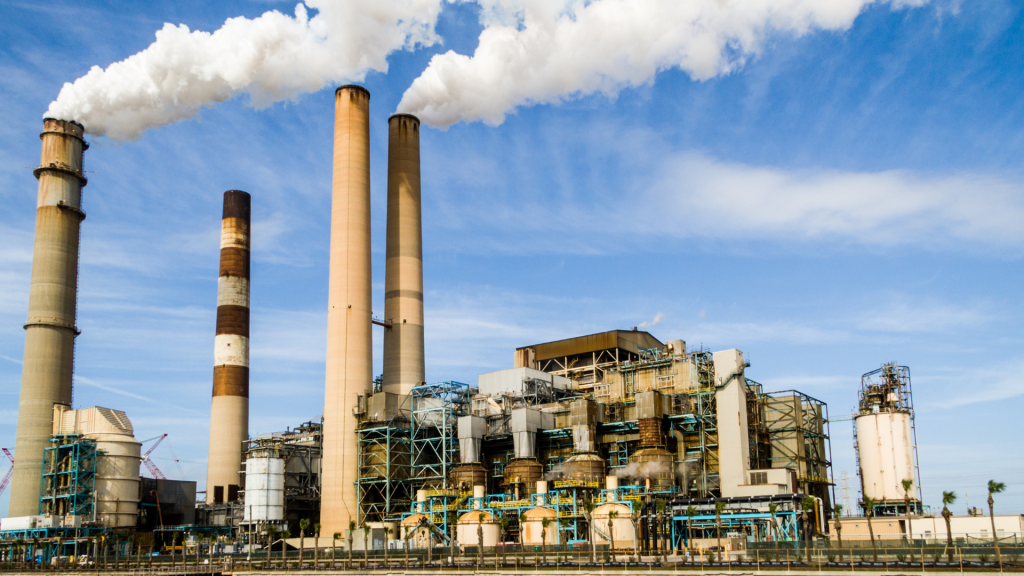

I hope that more and more people will pay attention to this global problem. I think that sometimes we just tend to not want to face the urgent problems we have. Wonderful post.
I really like your writing style, excellent information, thank you for posting : D.
I love the photo of the city where it shows all the air pollution in the sky because it is something that we can't see from our naked eye. I personally believe that factories and companies should get their air quality checked because it will not only benefit the environment but also their wellbeing. Thanks for all the information on how much air pollution can have an effect on someone.